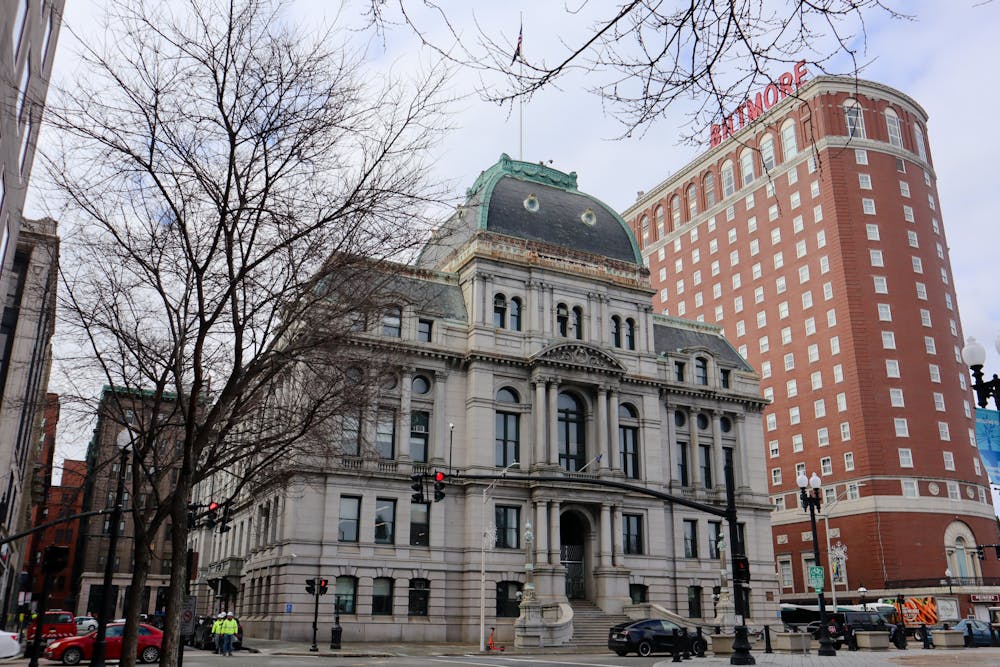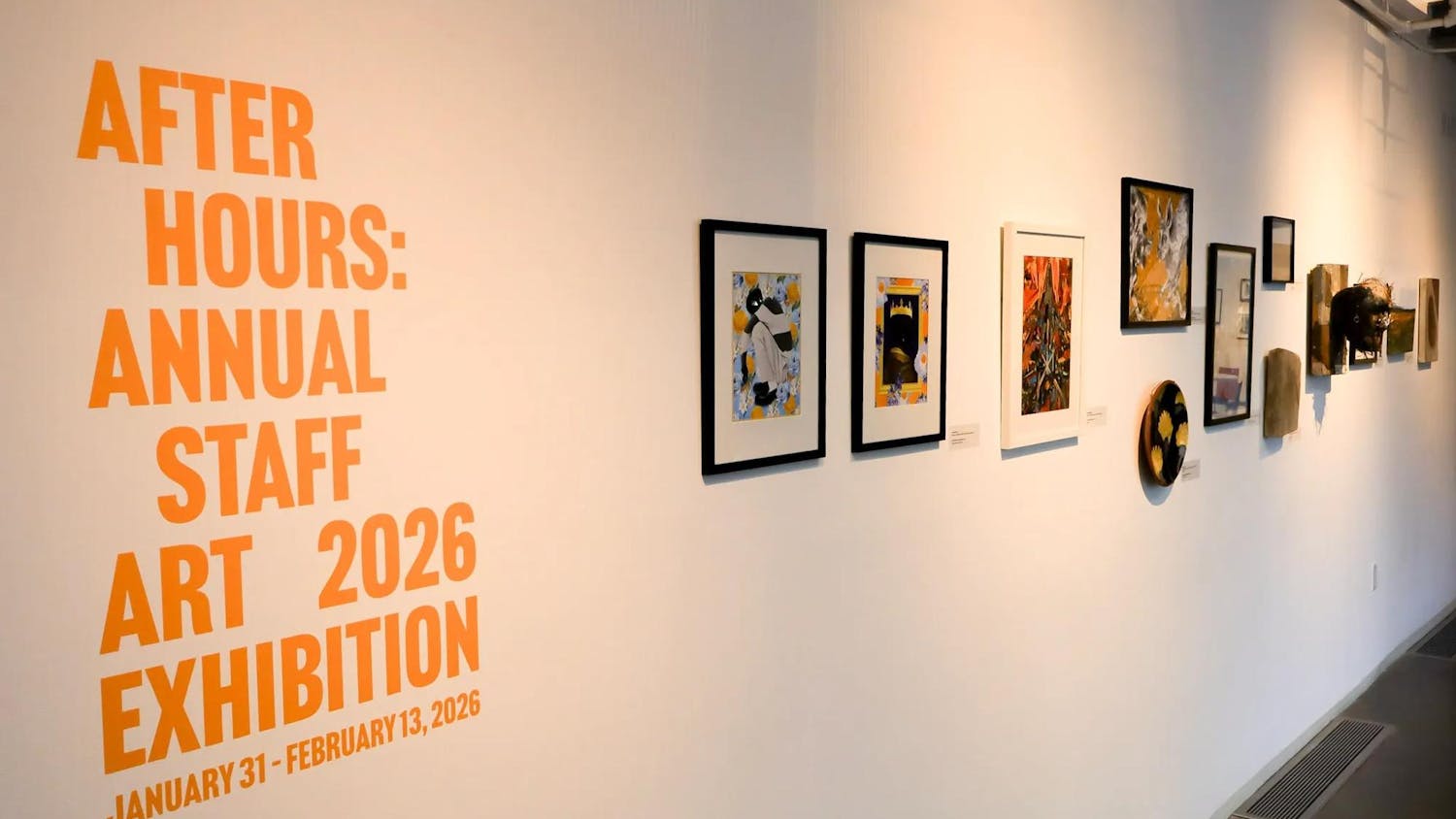On Jan. 2, 2023, Providence’s most diverse City Council ever was sworn into office, with seven members out of 15 new to the council.
Over half of the council are women and the majority are people of color. According to Council President Rachel Miller, the city councilor representing Ward 13, council members are from multiple countries and have a wide range of ages. Miller is the first publicly identifying member of the LGBTQ+ community to hold the position.
Miller told The Herald she hopes to “provide a space for different voices to be heard and welcomed in city government.”
“I’m excited because there’s an excellent cross-section of what the city is represented on (the) Council,” said Sue AnderBois, city councilor for Ward 3. Many of the council members also work full-time jobs, contributing to the set of unique experiences and the diversity of the council, AnderBois added.
Miguel Sanchez, city councilor for Ward 6, is the first Mexican American councilor to be elected to the Providence City Council. “It’s an honor that I am the first, but what would be a true honor is not being the last,” Sanchez said.
“The more perspectives you have on a governing body, the more compassionate and understanding you will be (in regard to) the challenges that your neighbors are facing,” Sanchez added.
The new council’s legislative priorities
Serving in office for the past five weeks, the new council has already identified numerous legislative priorities. Education, city finance and the environment have all been areas of focus.
Miller said she wants to make sure “every student has an opportunity to get an excellent education.”
According to Sanchez, Providence will regain control of the Providence Public School District in the coming years, though it currently remains under the state’s authority. “The state level just really isn’t working for most residents, and the communication isn’t there,” Sanchez said.
“We’re using this time right now to have conversations with parents, teachers, recent graduates and community partners to set a different future for Providence public schools,” added Miller.
One of the challenges the City Council is facing is finances and taxation, according to AnderBois and Sanchez, who both currently serve on the council’s Committee of Finance.
Since nonprofit institutions — including the University, the Rhode Island School of Design and Johnson & Wales University — are not required to pay property taxes on noncommercial properties. According to a January 2022 report by the Providence Financial Department, almost 40% of land parcels in the city are owned by nonprofits. Sanchez said that these growing institutions result in the city “missing out” on tax money, therefore placing the tax burden on homeowners.
The Payment in Lieu of Taxes program is set to expire in June 2023. Through the PILOT program, the state pays Providence a portion of the tax value of nonprofits’ property in the city, including the University’s holdings. Renegotiation following the program’s expiration could impact the amount of revenue flowing into the city, The Herald previously reported.
According to Sanchez, the city’s pension liability is the council’s biggest expenditure at the moment. Eight months ago, Providence had a “$1.2 billion unfunded pension liability,” according to WPRI. Though Sanchez added that an “influx of federal dollars during the COVID pandemic” will help the city’s finances.
AnderBois emphasized the importance of the council being “careful about how we spend taxpayer money” and making sure that the spending “aligns with our goals.” She added that she was “focused on making sure” that the council effectively uses federal dollars.
According to Sanchez, some of the city’s day-to-day problems — such as worn-down streets and litter — need to be addressed before tackling major issues. If “we’re not getting the basics done, our residents and neighbors aren’t going to trust us with bigger goals,” he said.
AnderBois and Sanchez, both new members, commented on the dedication of the new City Council. “I’m really excited because a lot of the (other councilors) are really committed to getting things done,” AnderBois said. They “want to work together and really care about this city.”
AnderBois explained that they have already gotten to work. On Feb. 2, the City Council approved a resolution, to create “The Special Committee on Environment and Resiliency,” a committee focused on the city’s environmental sustainability goals. AnderBois was the lead sponsor for the resolution.
Sanchez reflected on his five weeks on the City Council. “It’s been a lot of learning, finding a rhythm that works for you in terms of balancing legislation (and) constituent concerns,” Sanchez said.
Kelvin Jiang was a University News and Science & Research editor at The Herald.





